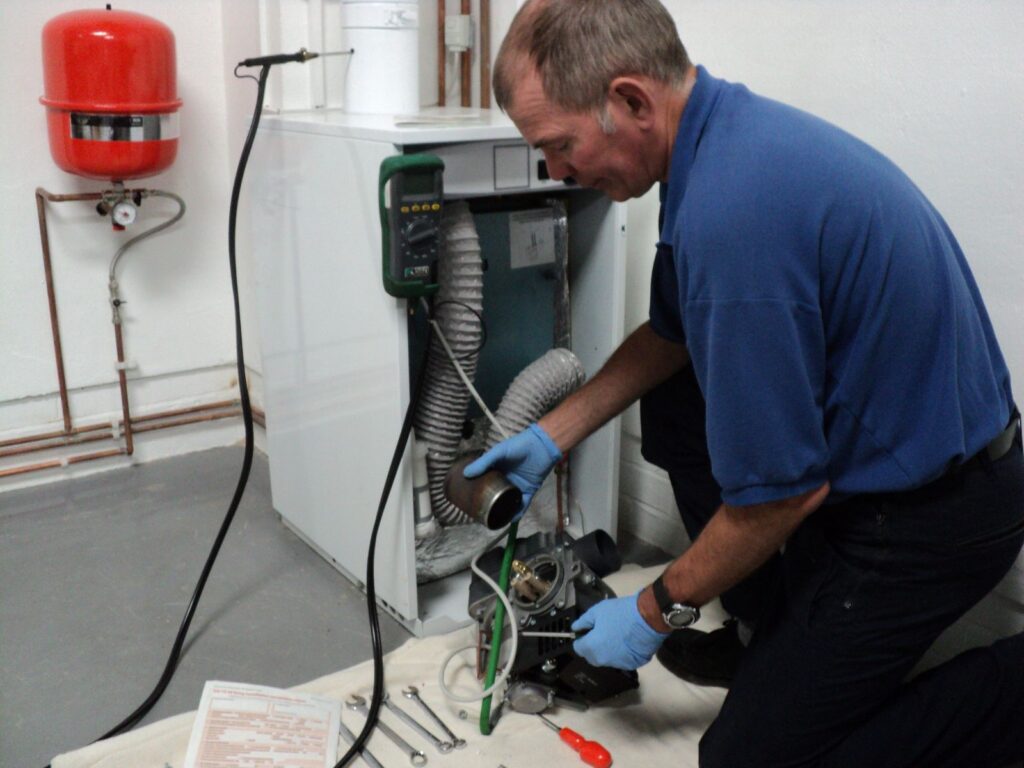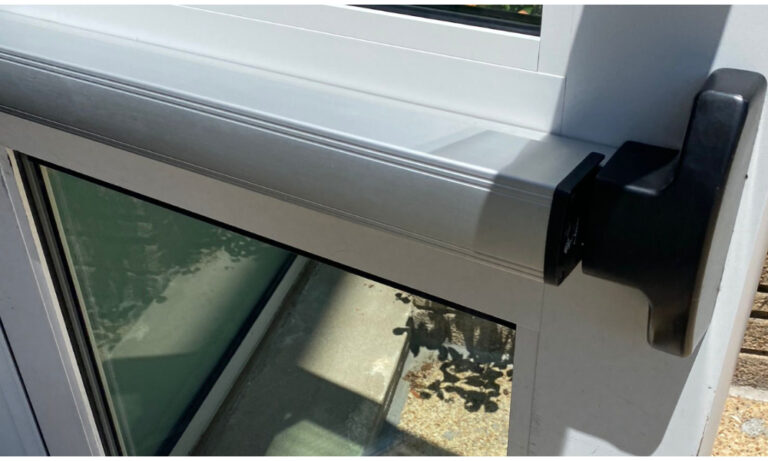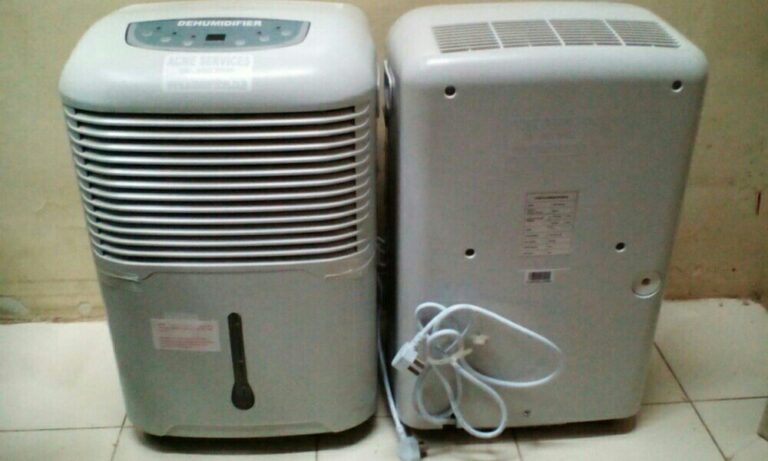
Oil boilers play a crucial role in heating systems, especially in regions like the UK where they are commonly used. To maintain optimal performance, it is essential to address any repairs promptly and ensure the availability of suitable replacement parts. This article aims to provide comprehensive information on oil boiler repairs and the importance of using genuine replacement parts, while adhering to UK grammar and regulations.
Common Oil Boiler Issues
Lack of heat or inadequate heating:
Possible causes: Clogged fuel lines, faulty thermostat, or malfunctioning pump.
Troubleshooting tips: Check fuel supply, thermostat settings, and pump functionality. Consider bleeding the system if necessary.
Strange noises or vibrations:
Potential causes: Air in the system, damaged burner components, or loose fittings.
Troubleshooting and repair solutions: Bleed the system, tighten fittings, and inspect burner components for damage. Professional assistance may be required for complex issues.
Leaks or water-related issues:
Causes of leaks: Corroded pipes, faulty seals, or pressure valve malfunctions.
Steps to address water-related problems: Inspect pipes, seals, and pressure valves for damage. Replace any faulty components and address leaks promptly to prevent further damage.
Ignition or burner problems:
Possible causes: Faulty ignition electrodes, clogged nozzles, or fuel pump issues.
Repair options: Clean or replace ignition electrodes and nozzles as needed. In case of fuel pump malfunction, seek professional assistance for repairs or replacement.
Importance of Professional Repairs
Safety considerations:
Risks associated with DIY repairs: Oil boilers involve flammable fuels and complex components, posing safety hazards without proper expertise.
Benefits of hiring a professional technician: Certified technicians possess the necessary skills and knowledge to address repairs safely and efficiently.
Expertise and experience:
Certified technicians and their qualifications: Ensure the technician holds relevant certifications, such as OFTEC, to guarantee compliance with UK standards.
Knowledge of specific oil boiler models: Professionals with experience in working with various boiler models can accurately diagnose and repair issues.
Warranty and insurance coverage:
Protecting your investment: DIY repairs or using unauthorized technicians may void the warranty of your boiler.
Validating warranty terms: Hiring a qualified professional ensures repairs are conducted according to manufacturer specifications, preserving warranty coverage.
Replacement Parts for Oil Boilers
Commonly replaced components:
Burner assemblies: Burner heads, electrodes, and fuel nozzles may require replacement over time.
Fuel pumps and valves: Faulty pumps and valves can lead to fuel supply issues or leaks, necessitating replacements.
Heat exchangers: Damaged or corroded heat exchangers may need replacement to ensure efficient heat transfer.
Sourcing genuine replacement parts:
Authorized dealers and manufacturers: Purchase replacement parts from authorized dealers or directly from manufacturers to ensure authenticity and compliance.
Online platforms and specialty stores: Reputable online platforms and specialty stores can provide genuine parts, but verify their credibility before purchasing.
DIY vs. professional installation of replacement parts:
Considerations for DIY repairs: Only attempt simple replacements if confident in your abilities and knowledge. Complex installations should be left to professionals.
Benefits of professional installation: Technicians possess the expertise to install replacement parts correctly, ensuring proper functionality and compliance.
Maintenance and Preventive Measures
Regular servicing and inspections:
Recommended frequency of maintenance: Schedule annual servicing by a qualified technician to maintain efficiency and identify potential issues early.
Tasks performed during servicing: Cleaning burners, inspecting fuel lines, checking safety features, and optimizing system settings.
Tips for preventing common issues:
Proper fuel storage and quality: Store fuel in appropriate containers and ensure its quality to prevent clogs and damage to the system.
System bleeding and air removal: Regularly bleed the system to remove trapped air, improving overall efficiency and preventing noise issues.
Energy efficiency and optimization:
Upgrading controls and thermostats: Consider installing programmable thermostats and energy-efficient controls to enhance system performance.
Insulation and weatherization: Properly insulate the boiler and pipes, and seal any drafts to minimize heat loss and maximize efficiency.
Conclusion
In conclusion, addressing oil boiler repairs promptly is crucial for maintaining a reliable heating system. It is essential to source genuine replacement parts from authorized dealers or manufacturers to ensure compliance with UK regulations. Hiring a professional technician offers expertise, ensures safety, and protects warranty coverage. Regular maintenance, preventive measures, and energy optimization contribute to the longevity and efficiency of oil boilers. By adhering to these guidelines, homeowners can enjoy a well-functioning oil boiler system that provides comfort and peace of mind.





